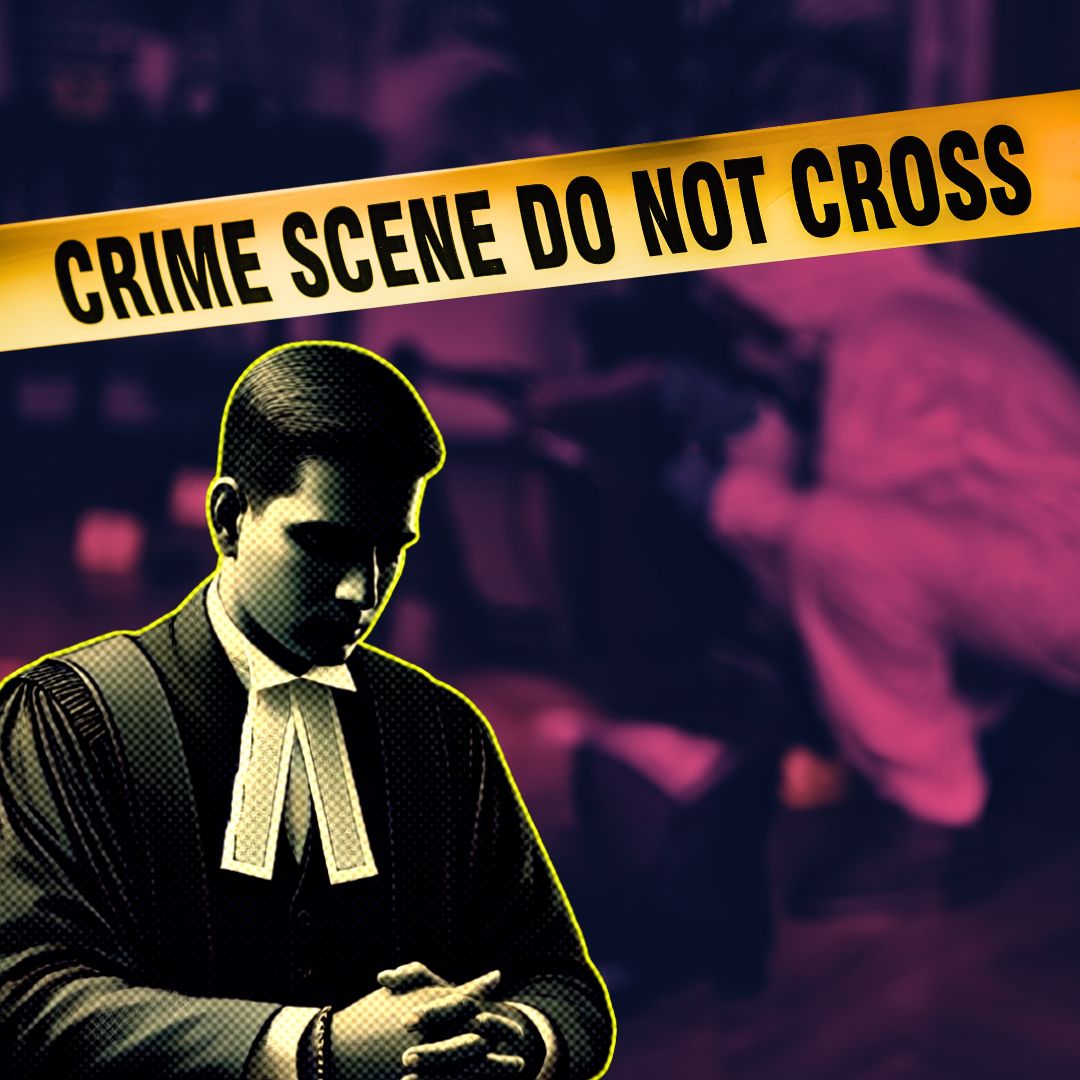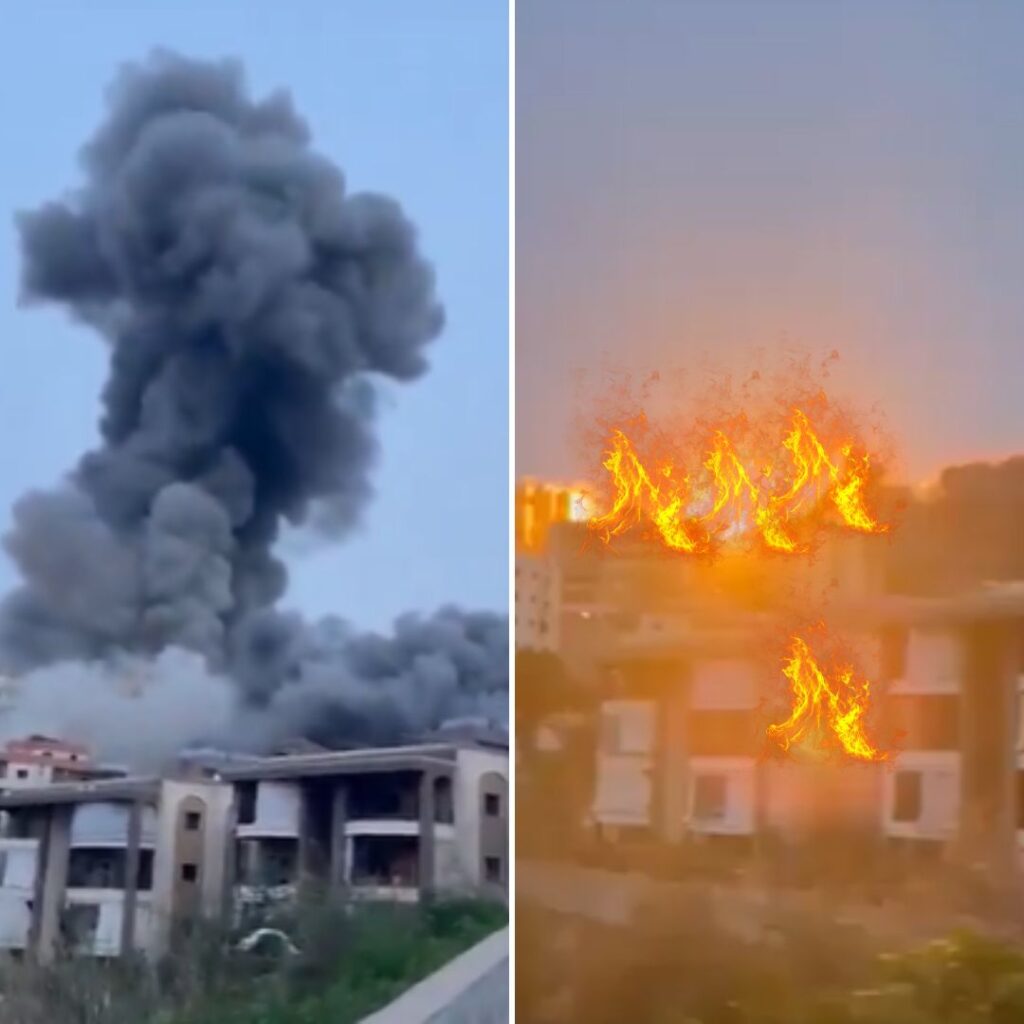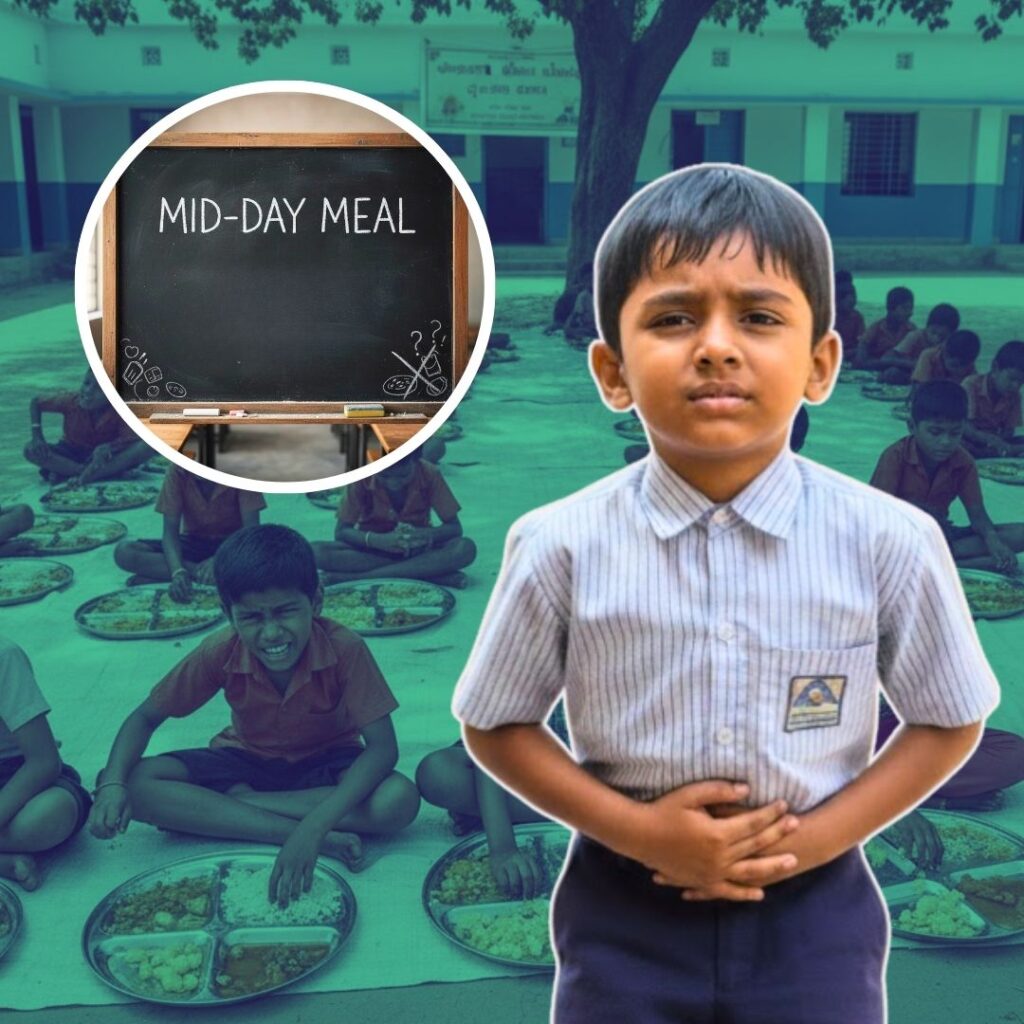In a tragic incident on January 7, 2025, Sameer Mehendiratta (45), a prominent advocate from Mukherjee Nagar, Delhi, allegedly died by suicide using his licensed pistol amid prolonged and allegedly contentious divorce proceedings, highlighting the severe mental health challenges faced by individuals navigating complex legal disputes.
Personal and Professional Background
Sameer Mehendiratta, a well-respected lawyer practicing at Tis Hazari Court, had been married for 20 years before his marriage allegedly began deteriorating. Sources close to the family reveal that Mehendiratta and his wife had been living separately for the past 18 months, with their children divided between households – their son residing with his mother and their daughter living with Mehendiratta.
Detailed Circumstances of the Incident
According to preliminary police investigations, Mehendiratta allegedly experienced escalating psychological distress related to his ongoing divorce case. On January 7, 2025, around 3:45 PM, he reportedly used his legally licensed pistol to shoot himself at his residence. Emergency services were immediately contacted, and he was rushed to Safdarjung Hospital, where doctors pronounced him dead at approximately 7:20 PM.
Systemic Challenges and Mental Health Implications
The incident underscores a growing concern about mental health challenges within India’s legal and matrimonial systems. Recent data from the National Crime Records Bureau suggests an alarming increase in suicide rates among individuals experiencing prolonged legal battles, particularly in divorce and family court proceedings. Experts argue that the current legal framework often fails to address the psychological toll of extended litigation.
Legal and Investigative Response
Delhi Police’s Tis Hazari unit has registered an Accidental Death Report (ADR) and initiated a standard investigation. No suicide note was discovered at the scene, leaving investigators to rely on statements from family members and preliminary forensic evidence.
The Logical Indian’s Perspective
This tragic incident demands urgent national dialogue about mental health support, gender-neutral legal frameworks, and comprehensive counseling mechanisms for individuals experiencing marital and legal challenges.
How can we collectively transform our societal and legal structures to prevent such devastating losses and provide holistic support during personal crises?












